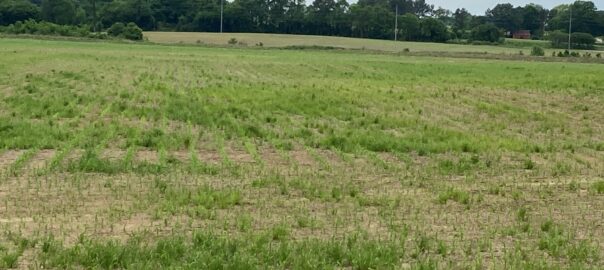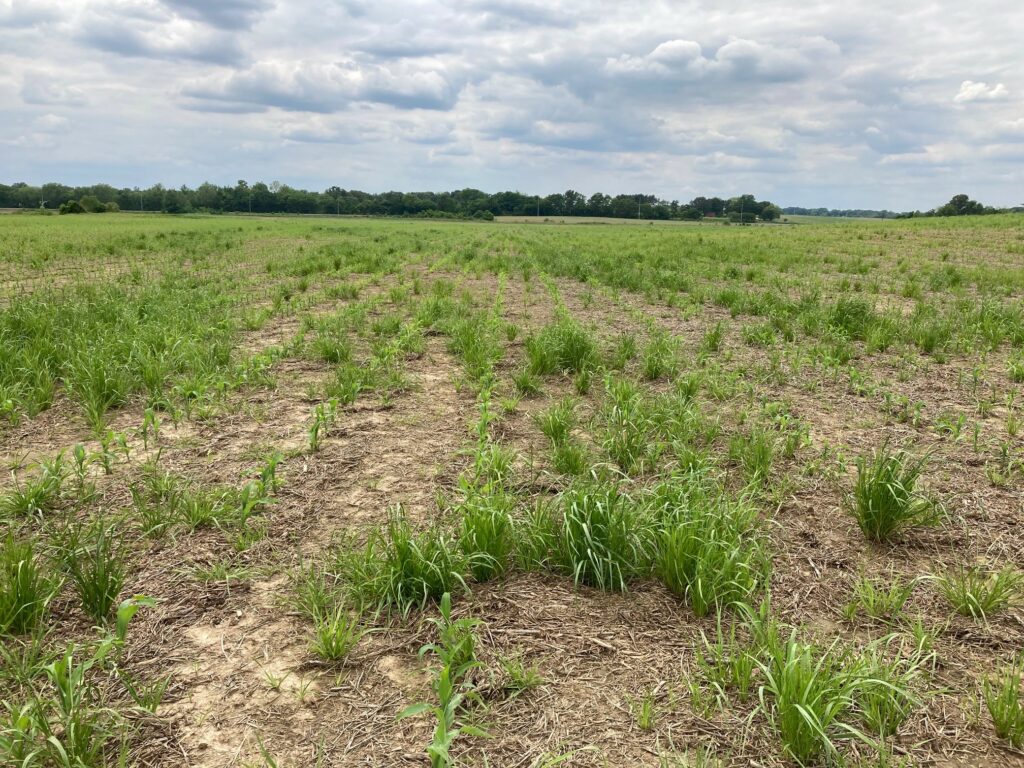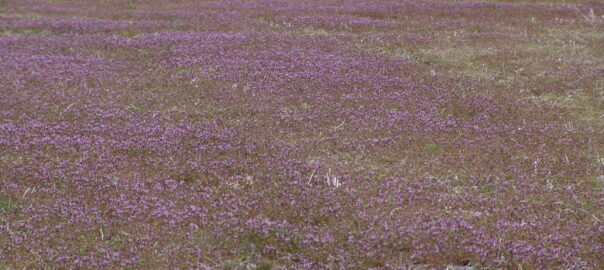Even though wheat is still dormant, you don’t have to be when it comes to learning about Fusarium Head Blight (FHB)/head scab of wheat and barley. On March 15, 2022 there is a free 2-hour webinar (called “Scabinar”) starting at 10:00 am CST. Continue reading
Category Archives: Wheat
Remind Text Message System For Field Crops
UT is implementing a new method of sending information to agricultural professionals. Remind is texted based communication system that facilitates information delivery via text or push notification. Messages are limited in length and recipients can directly message senders with questions. Enrolling is free and easy and takes less than a minute. Follow the instructions below to enroll in a crop specific class (cotton, corn, soybean, wheat or tobacco).
Wheat Ryegrass and Poa Management
The two most common weeds in our wheat every year are poa and ryegrass. The fall is the best time to control these two weeds in wheat. Continue reading

Ryegrass and Johnsongrass Management: Where Do We Go From Here?

This has ,clearly, been the worst year for ryegrass in the state in both corn and wheat. There are a good many corn fields that are clean where the burndown was glyphosate + clethodim. Fields where dicamba was added in the burndown are, in most cases, the most infested with ryegrass. As mentioned in a previous blog, other than just going out and spraying the typical POST corn application and hoping that pushes the ryegrass on to maturity there is no real solution to controlling it. Continue reading
Wheat Disease Update – Stripe Rust, Bacterial Leaf Streak, and Head Scab Risk
To date there have been additional reports of stripe rust in West TN and some fields with bacterial leaf streak. As wheat starts to bloom, continue to monitor the Fusarium Head Blight(FHB)/Head Scab model to assess if fungicide application is needed. Continue reading
Wheat Disease Update and Fungicide Considerations
As wheat approaches bloom, start considering fungicide options. While up until today little to no disease had been reported in Tennessee this season, stripe rust has just been sighted in West TN. So scouting should be continued and the Fusarium Head Blight (Scab) Prediction model should be consulted when considering fungicide applications. Continue reading
Herbicide Option Questions
The constant word I am hearing from retailers is that many herbicides are in tight or limited supply going into the spring. This all started back in late January when the most commonly used spring wheat herbicide, Axial Bold, sold out quickly and was followed shortly by Osprey. This was followed with reports of 2,4-D being in short supply. Continue reading

Henbit and Purple Deadnettle
Tennessee fields annually turn a purple color around April 1. The weed henbit (Lamium amplexicaule L.) is the main cause for this color. It has distinct purple flowers and is one of the most commonly found plants in our row crop fields. However, there is a close cousin to henbit, purple deadnettle (Lamium purpureum L.), that is also adding to the purple color in many fields. Continue reading






